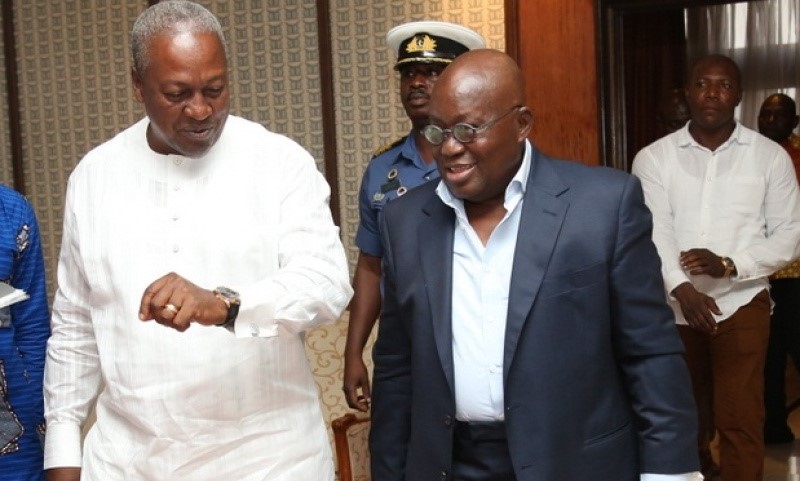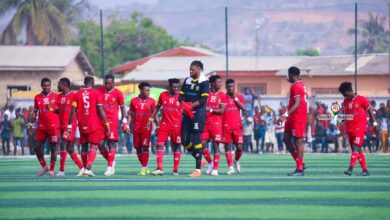In recent times, Ghanaian politics, particularly through media and social media platforms, has focused heavily on party manifestos. On August 17, the New Patriotic Party (NPP) unveiled its policy document, while the National Democratic Congress (NDC) is scheduled to present its manifesto in Weneba, Central Region, on August 24, 2024.
An election manifesto is a document outlining the policies a political party plans to implement if elected. The term “manifesto” comes from the Latin word manifestum, meaning a list of facts. During election campaigns, manifestos serve as a crucial tool for parties to convey their policies and persuade voters.
Typically, manifestos are comprehensive documents detailing a party’s policies on various issues, including the economy, health, education, welfare, jobs, housing, defense, the environment, and foreign policy. They aim to outline the party’s vision and specific action points, helping voters understand what the party promises to deliver.
Once the election results are announced, the manifesto serves as a reference for evaluating the promises made by the party. For a diverse country like Ghana, this document is crucial for holding parties accountable for their pre-election commitments.
Economic Growth Debate: NPP vs. NDC
In the lead-up to the December elections, a major point of contention between the NPP and NDC is their respective management of the economy. Economic growth, a key indicator of a thriving economy, has been a central theme in the campaigns of both parties.
On February 20, during the State of the Nation Address, President Akufo-Addo claimed that Ghana’s economy has been one of the fastest-growing globally, with an annual average growth rate of 7% over the past three years, compared to 3.4% in 2016.
The former President and NDC Flagbearer, John Dramani Mahama, has also highlighted the economic achievements of his tenure from 2013 to 2016. At the NDC’s campaign launch for the 2020 elections, Mahama criticized the incumbent administration for its lower economic growth compared to his tenure. He pointed out that under his leadership, Ghana experienced an economic growth of $14 billion, while the current NPP government recorded only $4 billion in growth over four years.
Comparing Economic Growth: Mahama vs. Akufo-Addo
To compare the economic performance under the Mahama-led NDC government and the Akufo-Addo-led NPP government, we look at GDP growth rates and monetary values. The Ghana Statistical Service calculates GDP growth, adjusting for inflation to provide accurate measurements.
According to World Bank data and annual budget statements, the Mahama-led NDC government recorded its highest GDP growth of 7.31% in 2013. However, growth rates declined in subsequent years. In contrast, the Akufo-Addo-led NPP government achieved its highest GDP growth of 8.14% in 2017. Although growth rates decreased afterward, the decline was less steep compared to the previous administration. The projected GDP growth rate for 2020 is 0.9%, largely attributed to the economic impact of the COVID-19 pandemic.
Under the Mahama-led government, Ghana’s accumulated GDP growth was 15.84%, averaging 3.96% annually. The Akufo-Addo-led government has achieved an accumulated growth of 21.78%, averaging 5.45% annually, indicating higher overall growth under the current administration.
Historical Context and Democratic Progress
As Ghana has passed the test for the December 2008 elections, which will mark the fifth consecutive national poll since the current constitutional democracy began in 1992, it is essential to reflect on the country’s democratic journey. The 1992 election was marred by disputes and boycotts, but subsequent elections (1996, 2004) have been more peaceful and fair. The peaceful transition of power from the NDC to the NPP in 2000 was a significant milestone.
Ghana’s electoral successes have made it a model of good governance and stability in West Africa, a region often plagued by conflict. Despite challenges such as abuse of incumbency, ethnicity, and reliance on donor funding, Ghana’s democratic progress offers valuable lessons for the continent.
In a democracy, balancing competing values and fostering cooperation among political actors is crucial. Effective democratic governance requires belief in the legitimacy of the system, tolerance for opposition, compromise, and civility in political discourse. Coalition-building and negotiation skills are essential for navigating a diverse political landscape.
Elections are a fundamental component of liberal democracy, providing a platform for exercising core democratic rights and participating in the political process. While Africa has made strides in electoral competitiveness, challenges remain in ensuring that elections truly reflect the will of the people. Innovations and reforms in Ghana’s electoral process continue to address these issues, shaping the country’s democratic future.
Story By: Alexander Kukah





